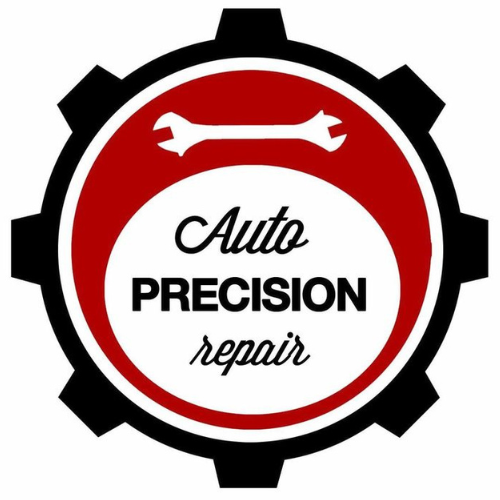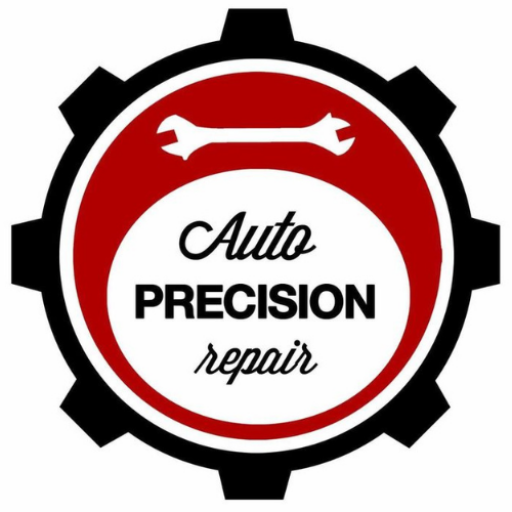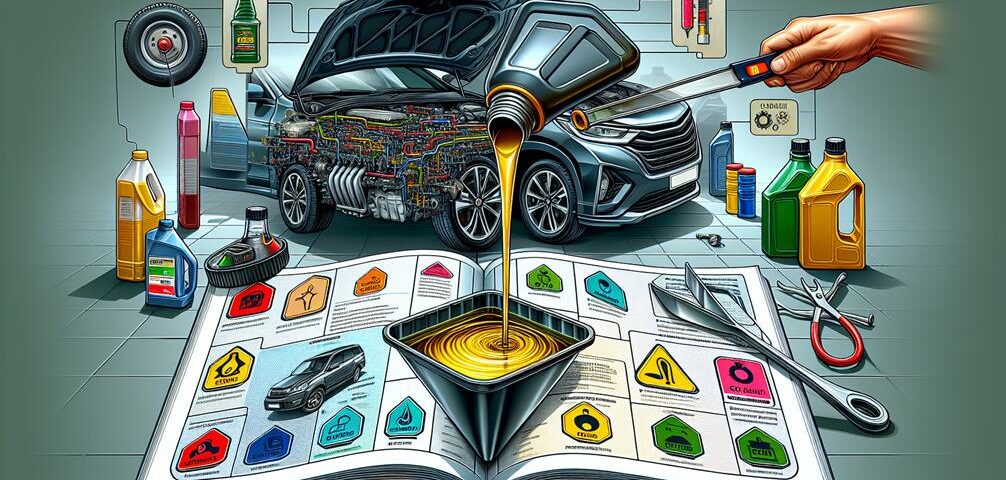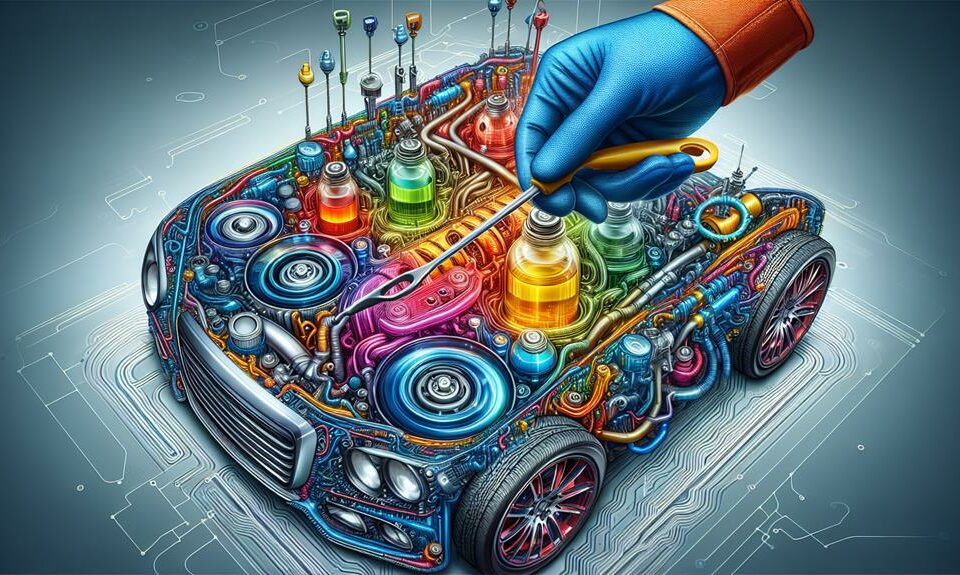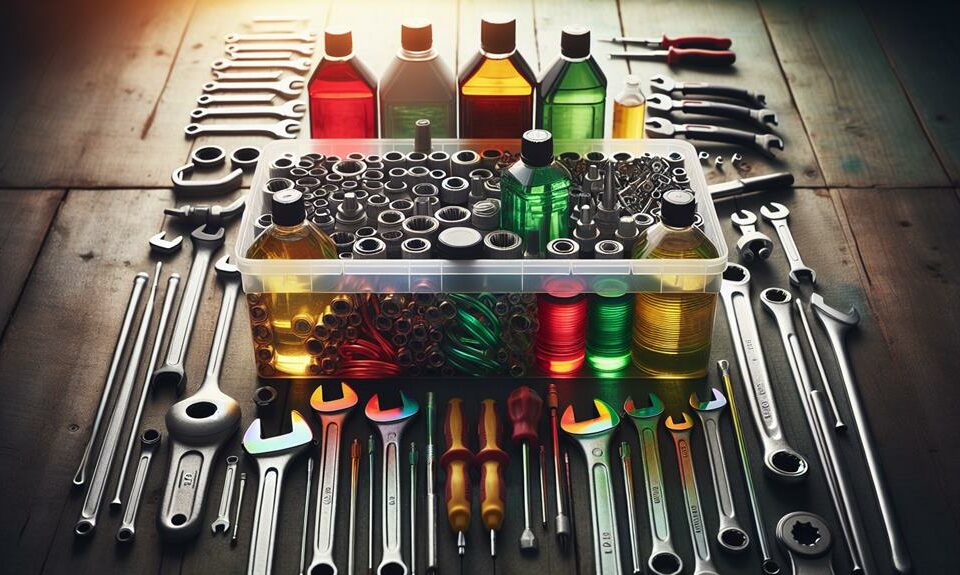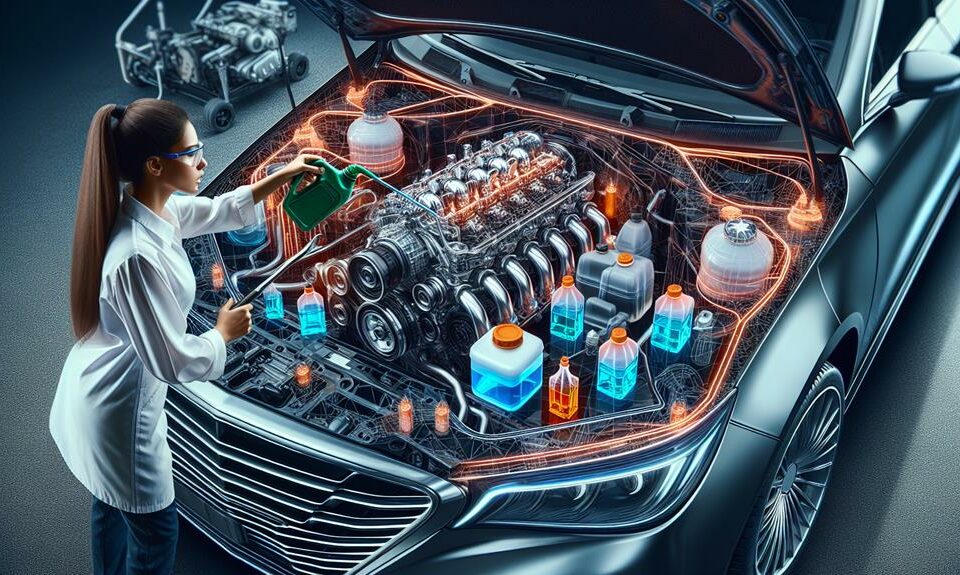A Driver’s Guide to Fluid Management: Key to Car Preventive Maintenance

Ensuring Longevity The Role of Fluid Management in Car Preventive Maintenance
March 4, 2024
Navigating Engine Services: A Comprehensive Guide for Auto Repair Success
March 5, 2024They say the devil is in the details, and when it comes to preventive maintenance, you couldn’t find a truer statement. You see, it’s not just about refueling your vehicle or keeping it squeaky clean; the intricacies go much deeper, into the realm of fluid management. It’s about understanding what’s running in your car’s veins, the essential fluids that keep it alive and kicking. From oil, coolant, brake fluid, power steering fluid, to windshield washer fluid – each plays a pivotal role in your vehicle’s health and performance. A hiccup in any of these can lead to a myriad of mechanical issues, costing you time, peace, and not to mention, a pretty penny. So, wouldn’t you want to know how to keep these potential issues at bay?
Understanding Vehicle Fluids
To keep your vehicle running smoothly, it’s crucial to understand the various fluids it requires and their specific roles in ensuring optimal performance. These aren’t just liquids; they’re lifelines.
Your engine oil, for instance, lubricates moving parts, preventing wear and tear. Coolant, on the other hand, helps control engine temperature, thwarting overheating. Your brake fluid is a safety essential, allowing you to halt swiftly when needed.
Meanwhile, power steering fluid ensures smooth turns, and transmission fluid keeps gear shifts seamless. Lastly, windshield washer fluid aids visibility. By comprehending these fluids’ functions, you’re not just a driver but a caretaker, a vital part of your vehicle’s life.
You’re in this together, and that’s a bond worth understanding and maintaining.
Essential Fluid Maintenance Tips
Armed with a thorough knowledge of your vehicle’s vital fluids, let’s delve into essential preventive maintenance tips that will ensure they continue to serve their respective functions effectively. First, always check your fluid levels regularly, ideally during every fuel fill-up. A dipstick or reservoir level indicator will guide you. Secondly, remember to regularly change your oil, as it’s the lifeblood of your engine. Most professionals recommend every 3,000 to 5,000 miles. Also, don’t neglect your brake fluid, coolant, and transmission fluids. They need changing too, albeit less frequently. Lastly, consider using high-quality, manufacturer-recommended fluids. This isn’t an area to skimp on.
